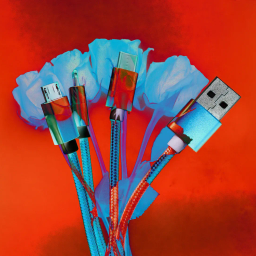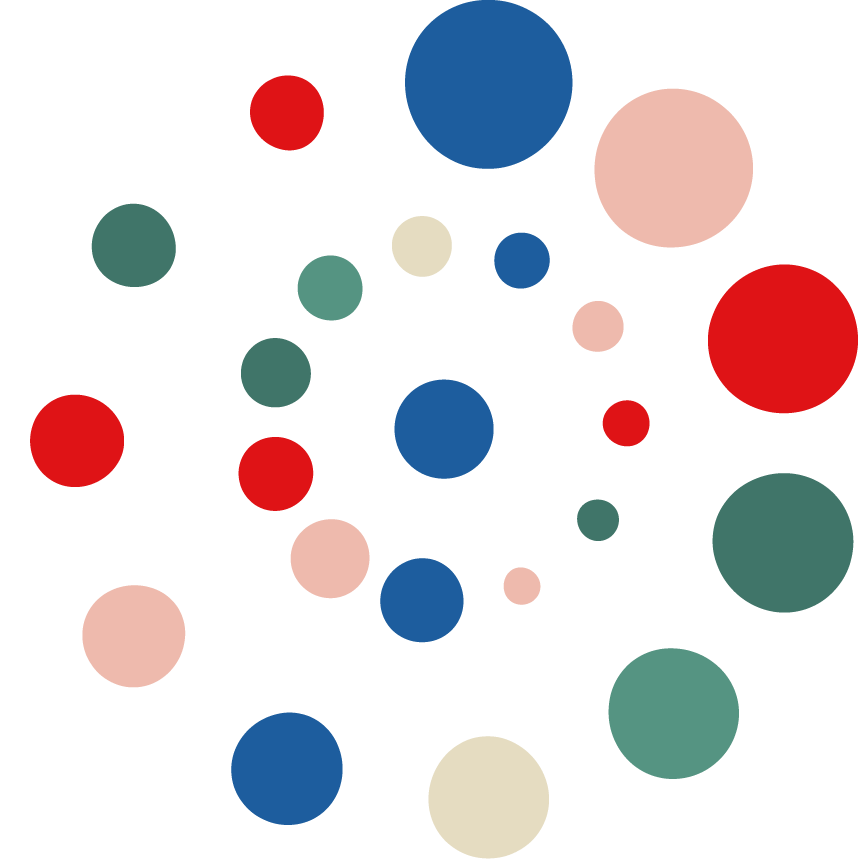From immersive to permeating AI entering our lives
Weeknotes 362 - Thinking about adding to the "immersive AI" narrative a the more subtle reality of AI gradually "permeating" our daily lives. Learning from Neo and other news of last week.

Weeknotes 362 - Thinking about adding to the "immersive AI" narrative a the more subtle reality of AI gradually "permeating" our daily lives. Learning from Neo and other news of last week.
Dear reader!
Thanks for landing here (again). Looking back to last week, it may not have been as extensive as the previous week, but it was still a rich week. We had a very nice ThingsCon Salon, and it was great to hear the inaugural speech by Pascal Wiggers, which included a roundtable session discussing the consequences of the discretionary power of AI systems. In his lecture, Pascal discussed the responsible development and use of AI, framing it as Beautiful Unreliable Technology. Being aware of the limitations is the key to creating valuable AI.
This discretionary power of AI systems was also one of the topics we discussed in the Salon. It is one of the key themes in the human values for smarter cities research program. The three cases from three different cities presented different perspectives on this issue. I expect that more learnings will be published later.
On Friday, I met the students participating in the CitiVerse program, a collaboration of Hogeschool Rotterdam and the municipality. Cities of Things is a partner in the track “future of work”.
Also, last week, we had multiple parts of the TH/NGS 2025 start to get shape. I plan to do a weekly update on Fridays until the conference, so expect more this Friday, but to give you a first impression here, think of names like Usman, Ling, Sen, Fieke, Kars, Sunjoo, Maja, Jeff, Iohanna, Matt, James, Alexa, Titus, Joseph. Keep an eye on our website: https://thingscon.org/events/things-2025/
Week 362: From Immersive to Permeating: How AI Quietly Transforms Our Lives
Last week, we had elections here in the Netherlands with multifaceted results. It was not as shocking as it was last time when the radical right gained a significant amount of influence and even became the largest party. That spell is broken for now, but the combination of radical right parties still gained more seats in total. Let’s try to focus on the glass half full for now…
These politics also relate closely to tech, not only in campaigning tools and the erosion of reality through increasingly synthetic media. The control over intelligent systems, the shifting Overton window, and the chilling effect are all continuous parts of the geopolitical shifts.
Perhaps it would be better to focus on new hybrid humanoids and other news from last week. For my triggered thought, the discussions about a newly announced homebot humanoid inspired me (Neo), combined with the notions of learning skills in AI. Check it below.
It is all very inspiring to dive deeper into. I have developed a plan to implement this as a research program, excluding Cities of Things, in the coming months. It starts to get more shape. Will keep you posted for sure!
This week’s triggered thought
In my recent reflections, I've been reconsidering how we discuss the integration of AI into our world. While I used the term "immersive AI" to describe a future state where agentic AI exists everywhere with computational capacity, I'm now adding a different concept: permeable AI—or perhaps "dissolving AI" captures it better.
The distinction is subtle but significant. Immersive AI suggests a dramatic shift—a technological flood that suddenly surrounds us. Shifting to the lens of the human entering this situation, it is not a sudden state-shift: AI is slowly seeping into everything, dissolving into our daily lives without grand announcements.
This pattern isn't unique to AI. Trend watchers often predict revolutionary changes—"a totally different life in a couple of years"—but the reality tends to be more nuanced. New technologies rarely transform everything overnight. Instead, they gradually alter specific aspects of our existence, becoming more impactful precisely because their integration is so slow and subtle that we barely register the change until it's complete.
This permeation raises questions about learning and skill development in an AI-augmented world. A common concern is that we may no longer need junior professionals if AI can perform their tasks. This narrative implies a troubling disruption in how we develop expertise—the gradual, conditional path of skill-building seems threatened.
However, a reciprocal relationship is forming instead. As we learn to work with AI, these systems also need to learn from us, particularly regarding embodied knowledge. This dynamic was evident in an automated kitchen demonstration I witnessed at a Design & AI conference I mentioned last week. While technically impressive, the design fundamentally misunderstood what makes cooking meaningful. By relegating humans to essentially assist the AI system, it designed the joy out of cooking. For enthusiastic cooks, this removes the creative process that makes cooking worthwhile; even for those who dislike cooking, a better approach would be an engaging teacher rather than a robotic chef barking orders. The designers clearly hadn't considered what cooking actually means to people.
This example illustrates an important phase in AI development: these systems require human input to build capabilities. It also appears clearly in the (narrated) approach of developing the soft-skin-chores-performing Neo humanoid, as explained in an interview with the founder of 1X. Their approach explicitly acknowledges the need for human guidance—these robots sometimes require remote human operators to complete household chores, creating a literal "human in the loop" situation. This deliberate strategy enables robots to learn by observing how humans handle tasks.
While the interview positioned this as part of Nvidia's vision that "robotics are really taking over," I question whether humanoids specifically represent the most interesting direction. In our project, Cities of Things, we explore a different possibility: how might we live alongside intelligent things that maintain their essential "thingness" rather than mimicking humanity? An oven with agency would still fundamentally be an oven in character and purpose—not an attempt to be human-like.
This subtle permeation of intelligence into objects around us—dissolving into our environments without fanfare—warrants our critical attention precisely because it happens so gradually. The delegation of capabilities to these machines raises questions about our own skills and agency.
What happens when intelligence becomes ambient, distributed throughout our surroundings? How will our learning and capabilities evolve when surrounded by objects with agency? We might ironically find that junior positions don't disappear, but their role will change—instead, juniors become the embodiment of human intelligence, with AI systems becoming their apprentices. Humans provide the embodied wisdom that machines struggle to develop independently. This is not per se a more desirable future, and it remains to be seen how this influence the career paths in an immersive AI reality. Acknowledging this gentle permeation of intelligence into the fabric of everyday life.
Notions from last week’s news
If I had more time, I would create a shorter list… (ref)
Human-AI partnerships
Having better relations with your AI doctor. But who is responsible?
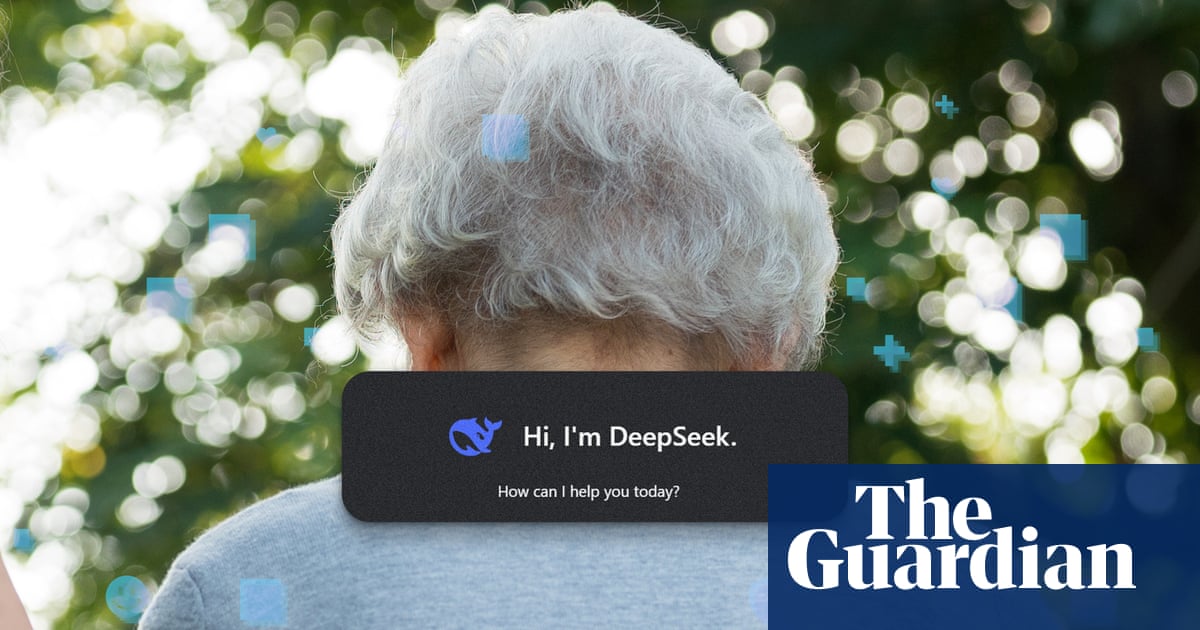
Training mundane robots as a job role.
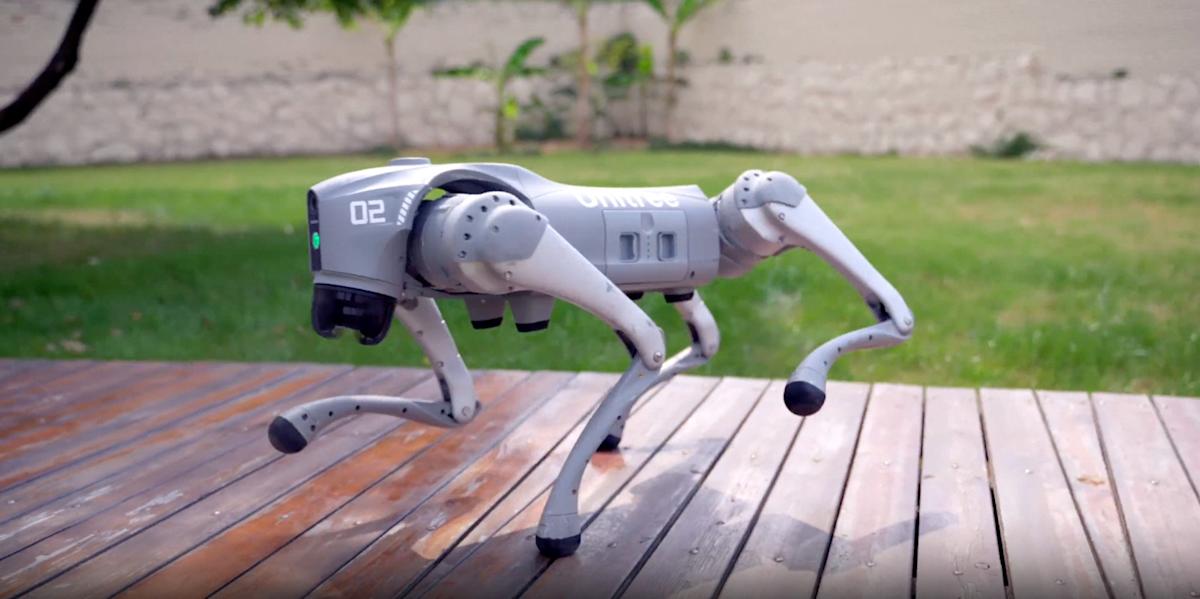
Into Vibe coding, Every does another Vibe check.
Consistent characters in Sora.
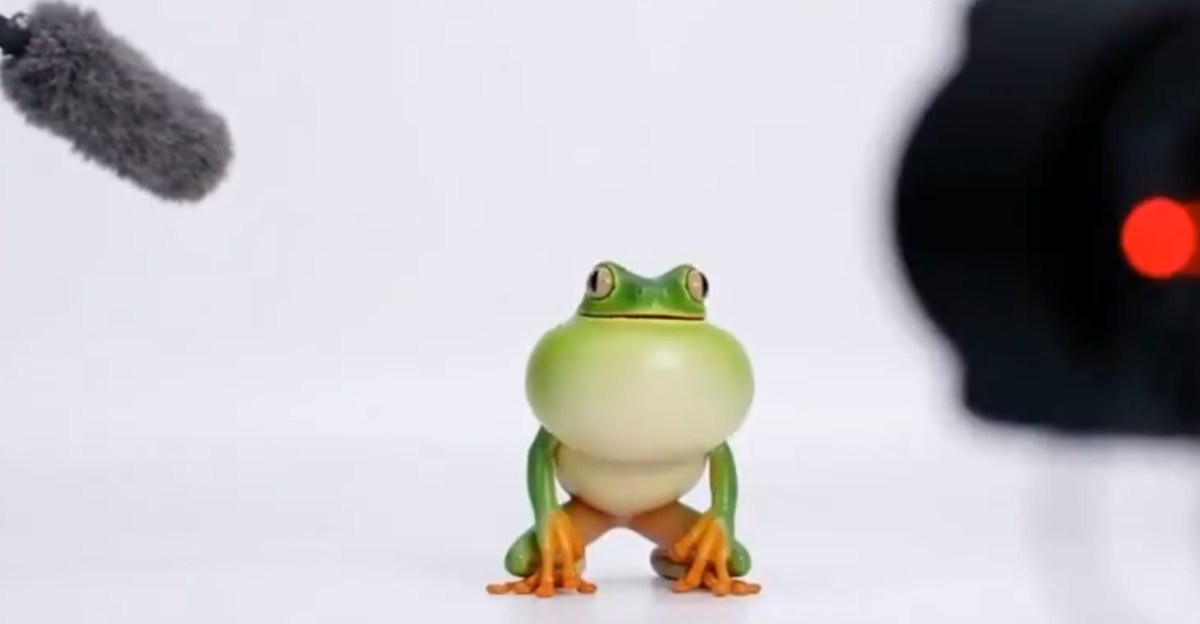
More than Human cooperation for future space explorations.
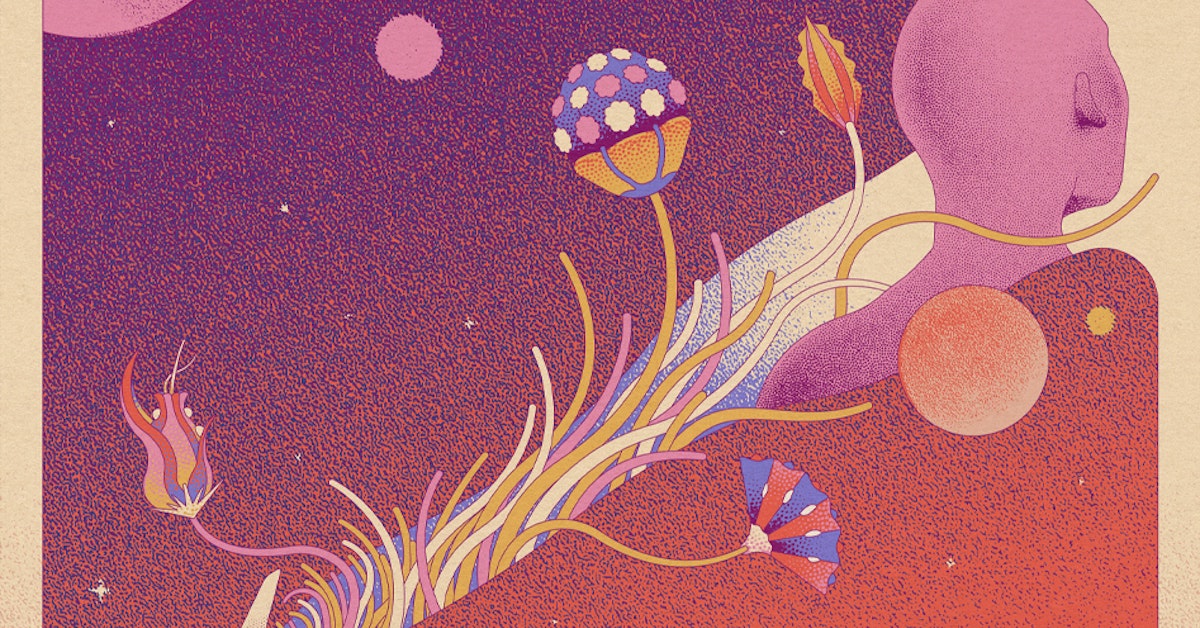
Apple AI still moves slowly.

Adobe applies AI tooling that makes sense
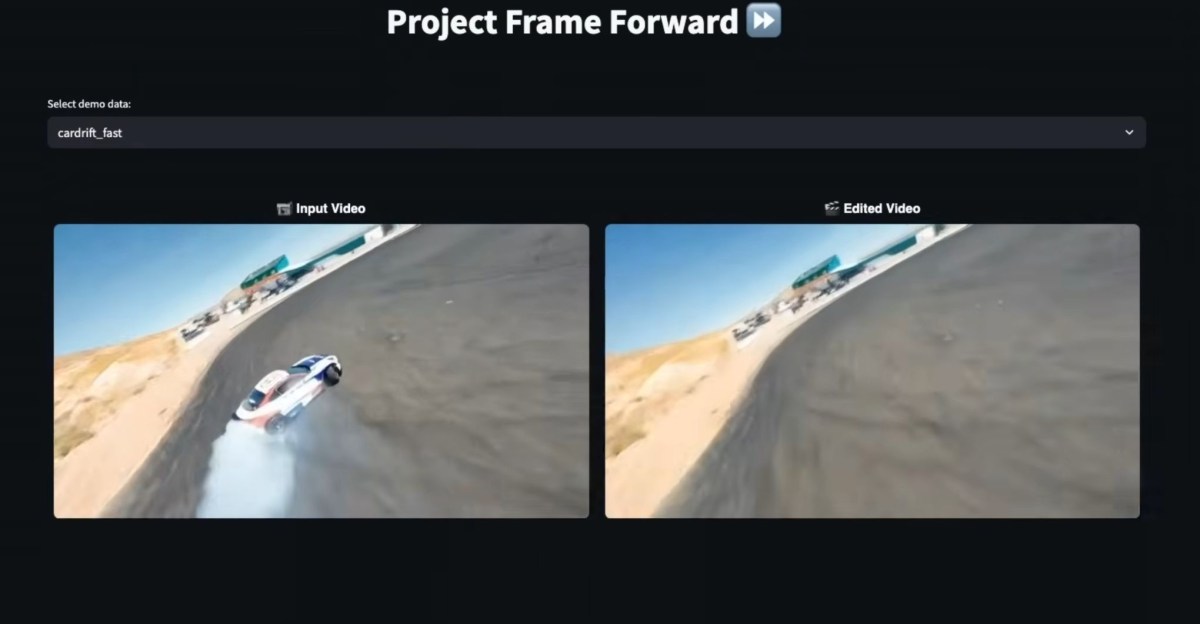
Cursor tooling utilizes multiple agents to work on your behalf.

The tools shape us, is relevant more than ever. Be aware.
Robotic performances
Neo is the hottest thing of the week.
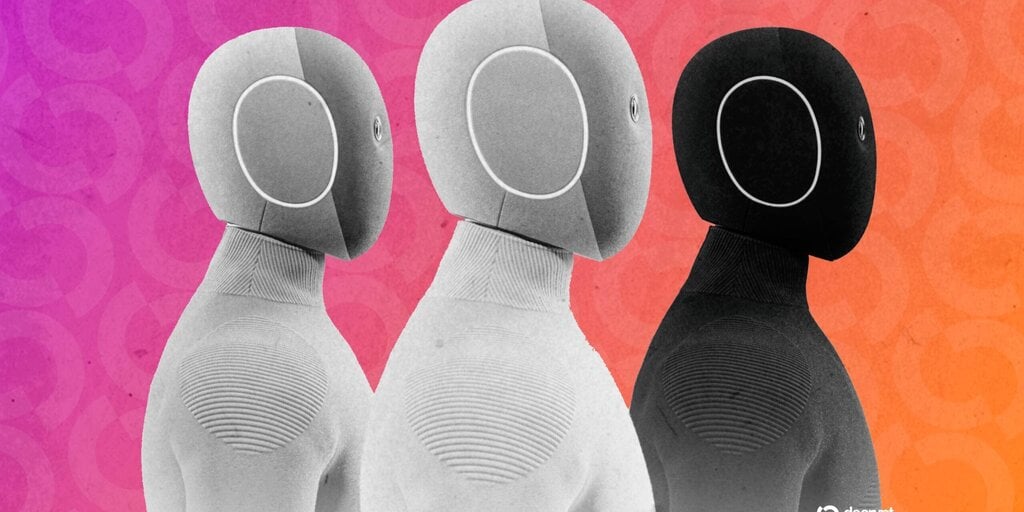
DJI is diversifying.
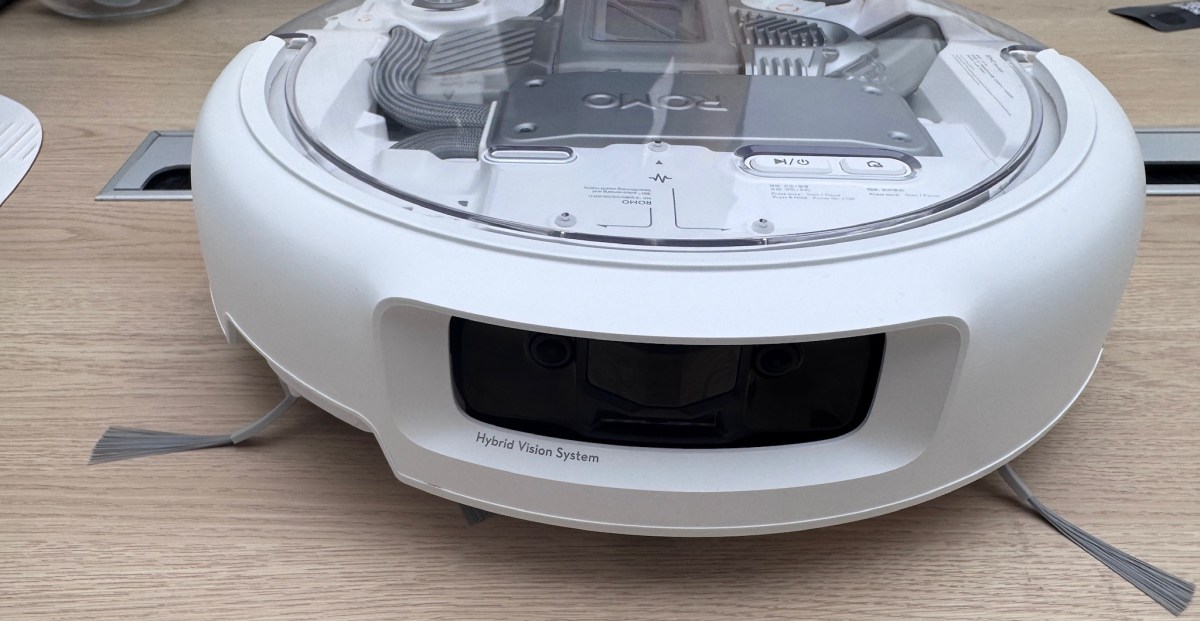
Will we ever have autonomous cars as consumers, or will the system be rebuild around different ownership and user stories?

Riding animals again. Artificial animals, that is.
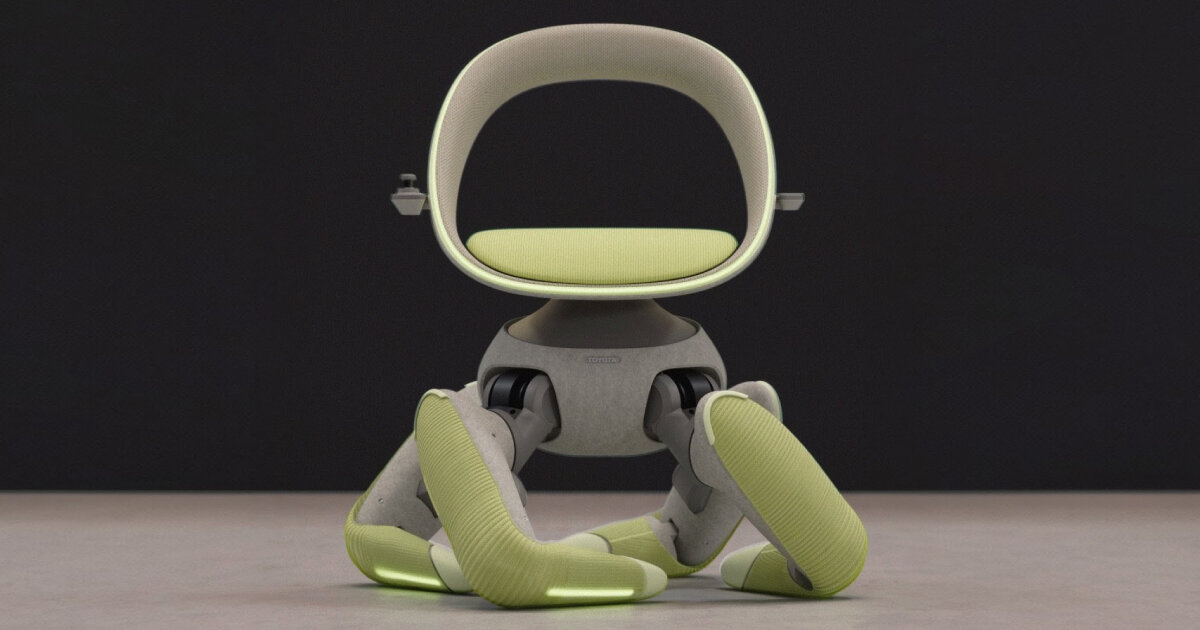
What is your association with bubble? A cute bubble though.
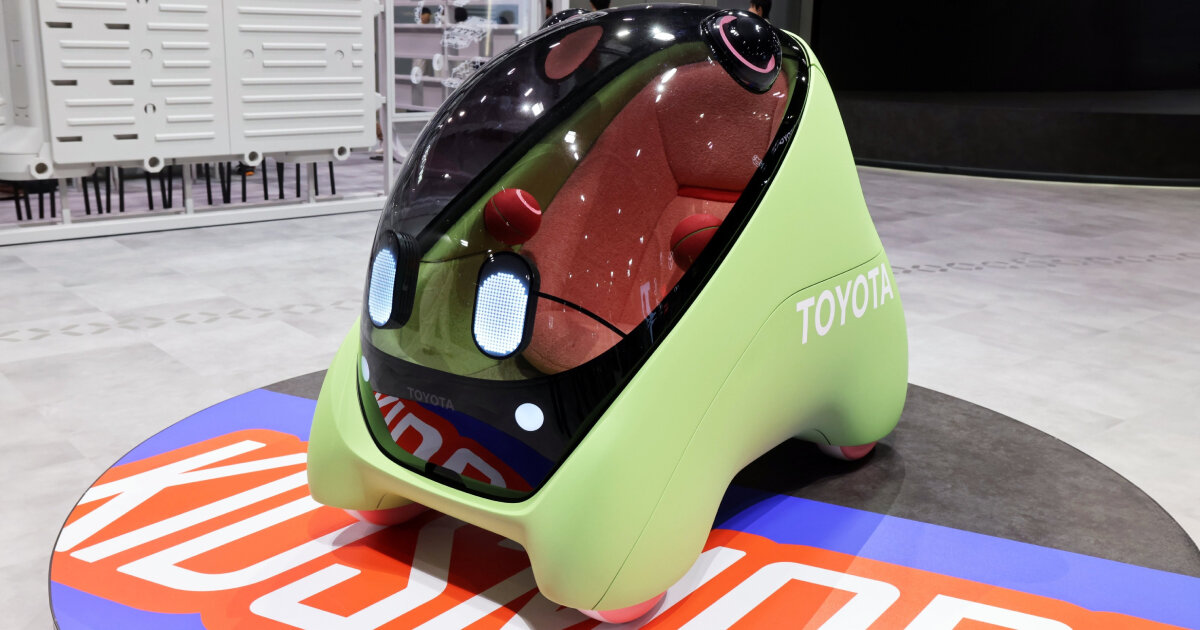
Agentic industrial robots.
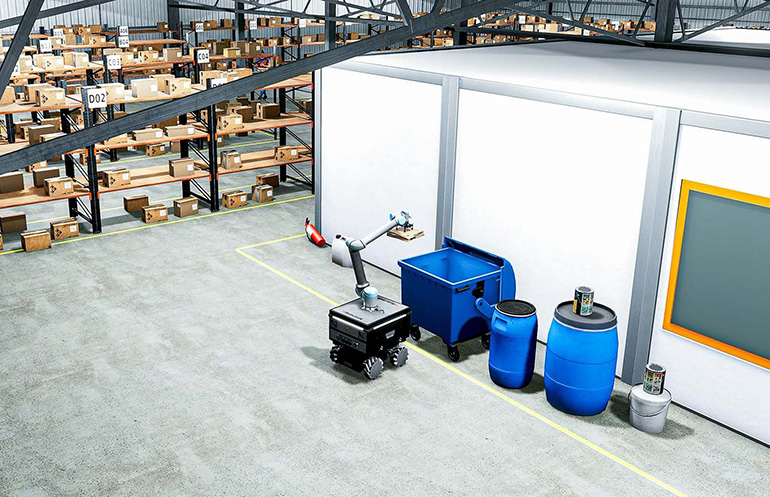
The og autonomous delivery services is expanding to a campus near you.
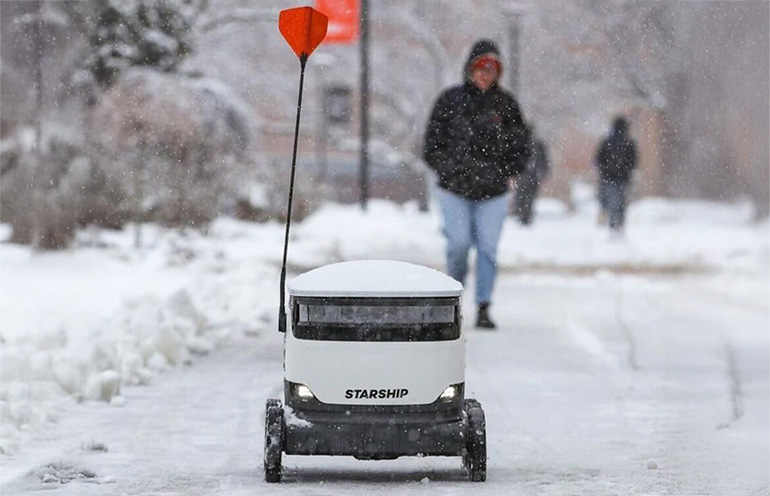
Cooperatives of drones to carry goods.
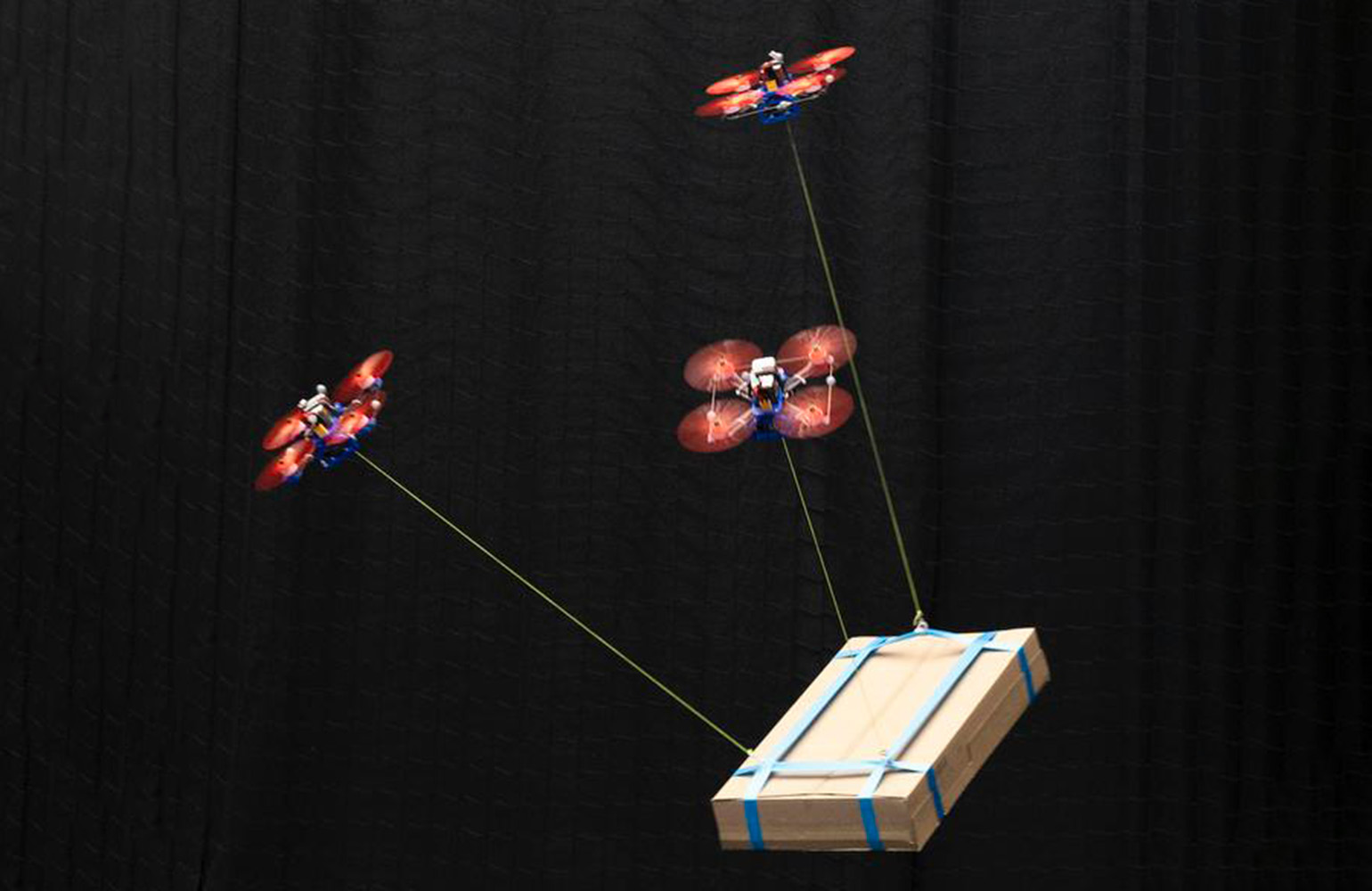
The new in-between phase of fully self-driving cars is the eyes-off driving mode, embraced by more car makers.
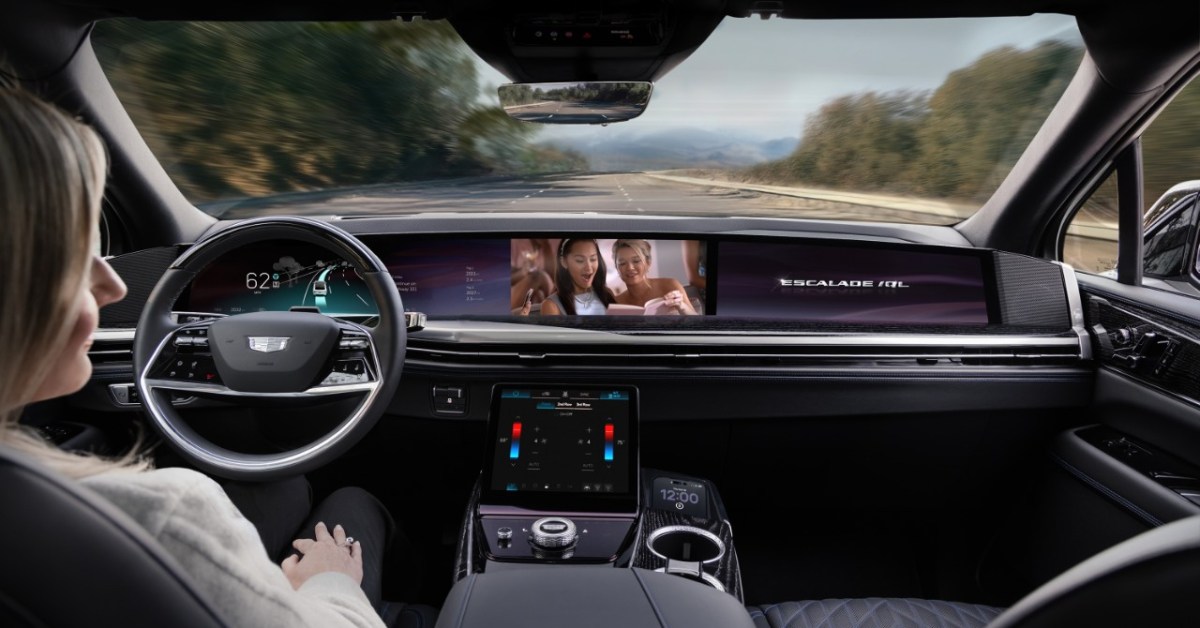
Immersive connectedness
The shift by car makers to software as a lock-in.
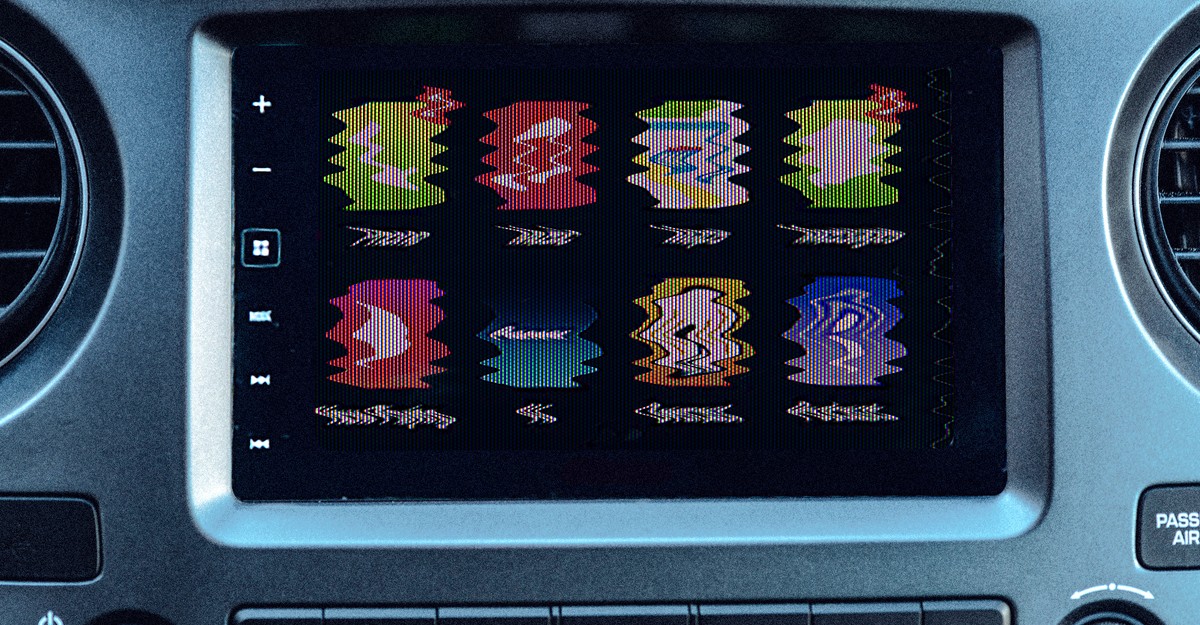
Applied quantum technologies

Funghi computers are at the other end of the computing spectrum.
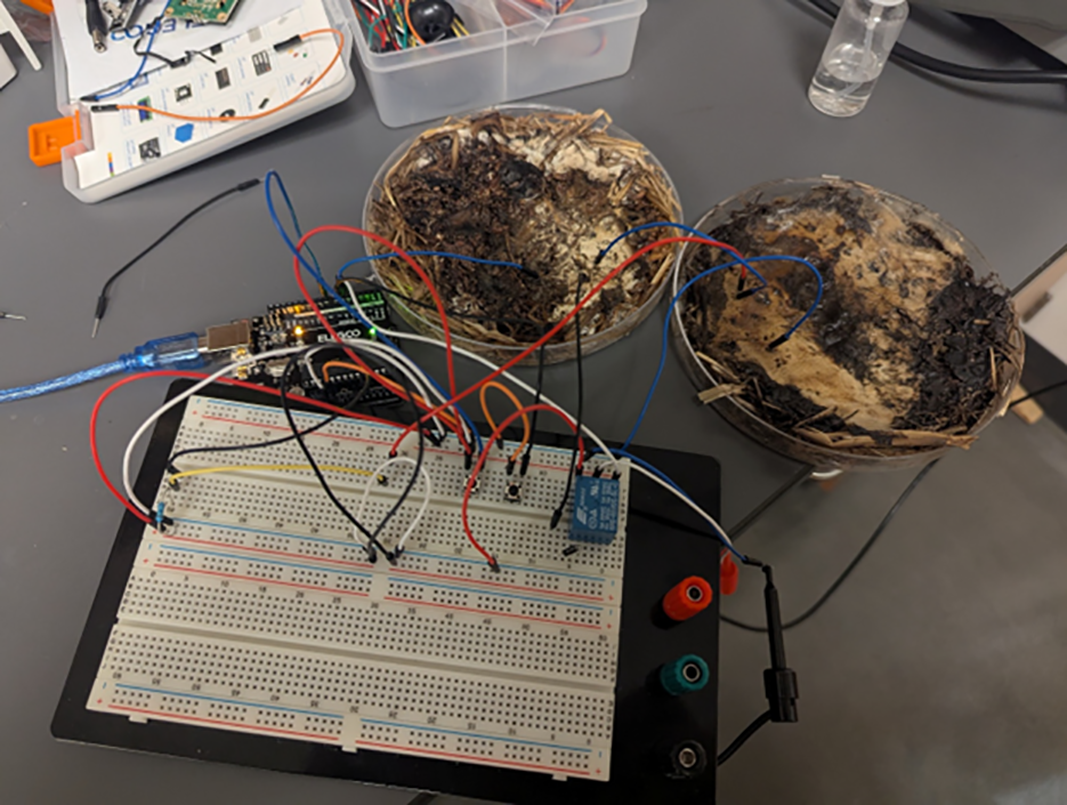
Tech societies
An interesting critique on the concepts of Hinton, Nobel-prize winner. There is no “I” in LLM.
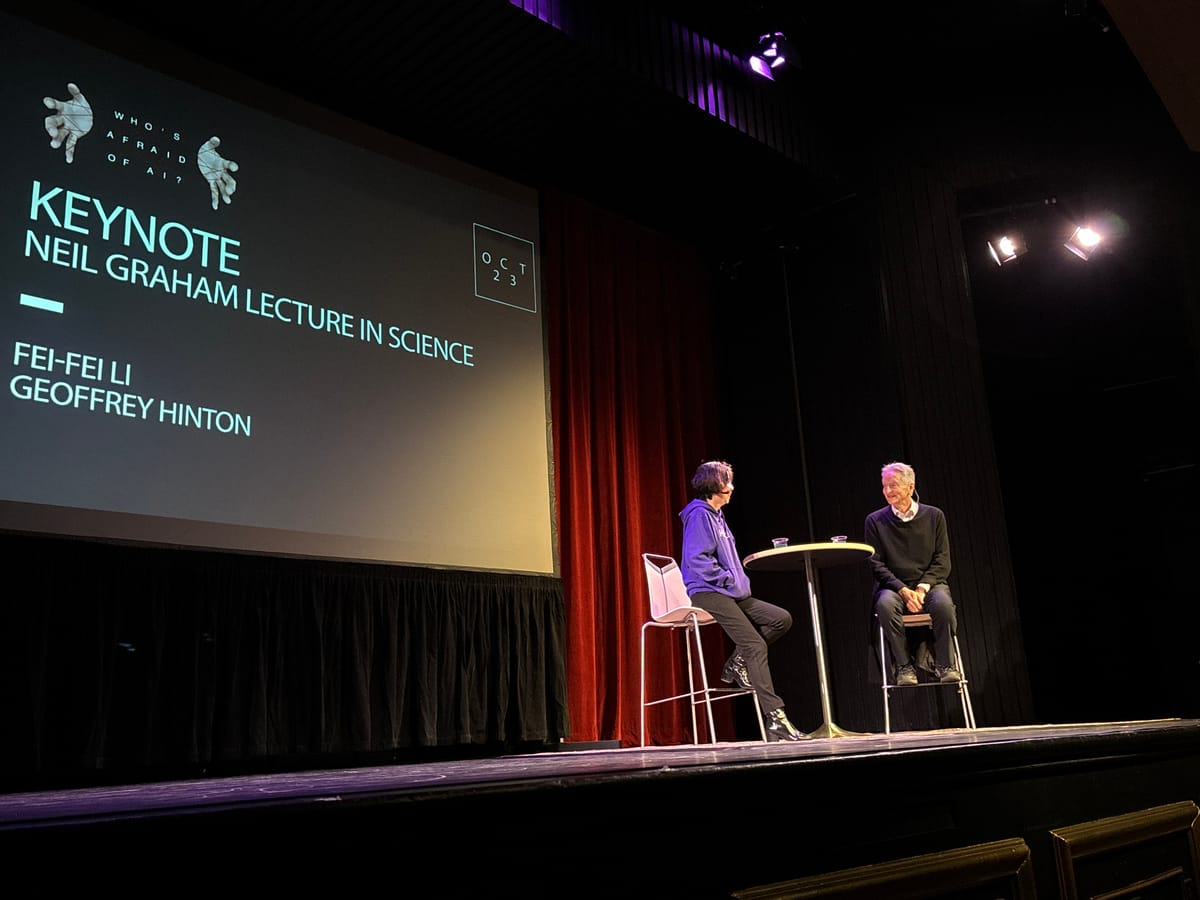
How complexity thinking is transforming forsight.

I think it would not be a bold prediction to expect that the frontrunner and trendsetter of synthetic social media will be Meta.

OpenAI is developing on chain-of-thought faithfulness and focusing on becoming a platform instead of a product company. And embedded payments.
Agentic AI and potential security risks. On multiple levels.

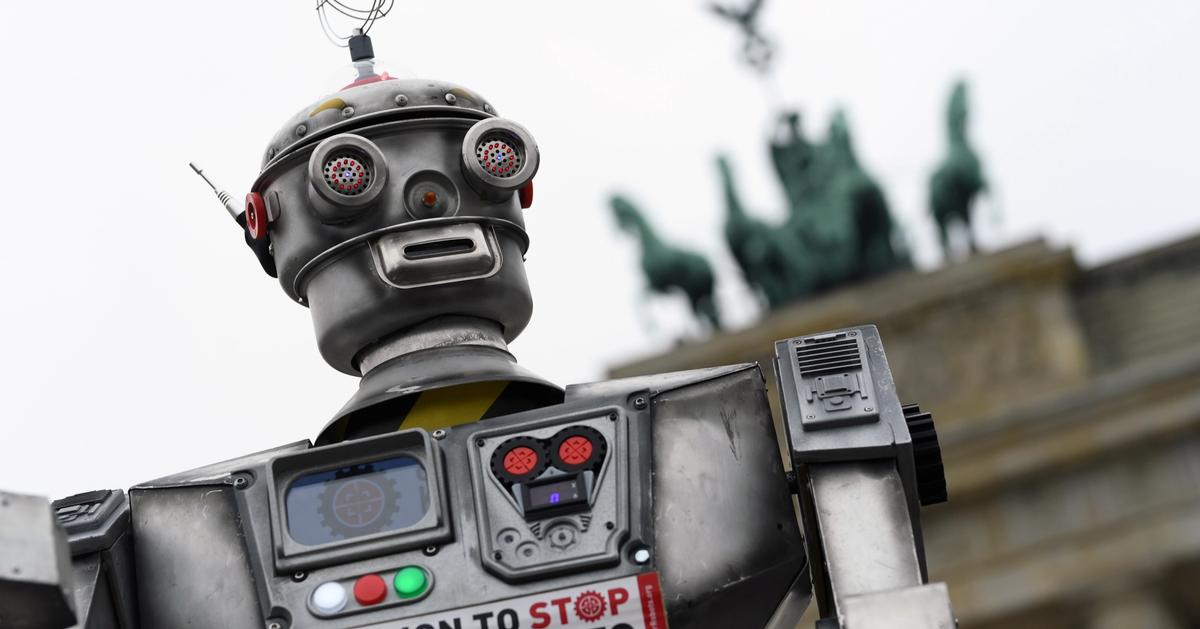
AI integration becomes the new hot thing in IT.
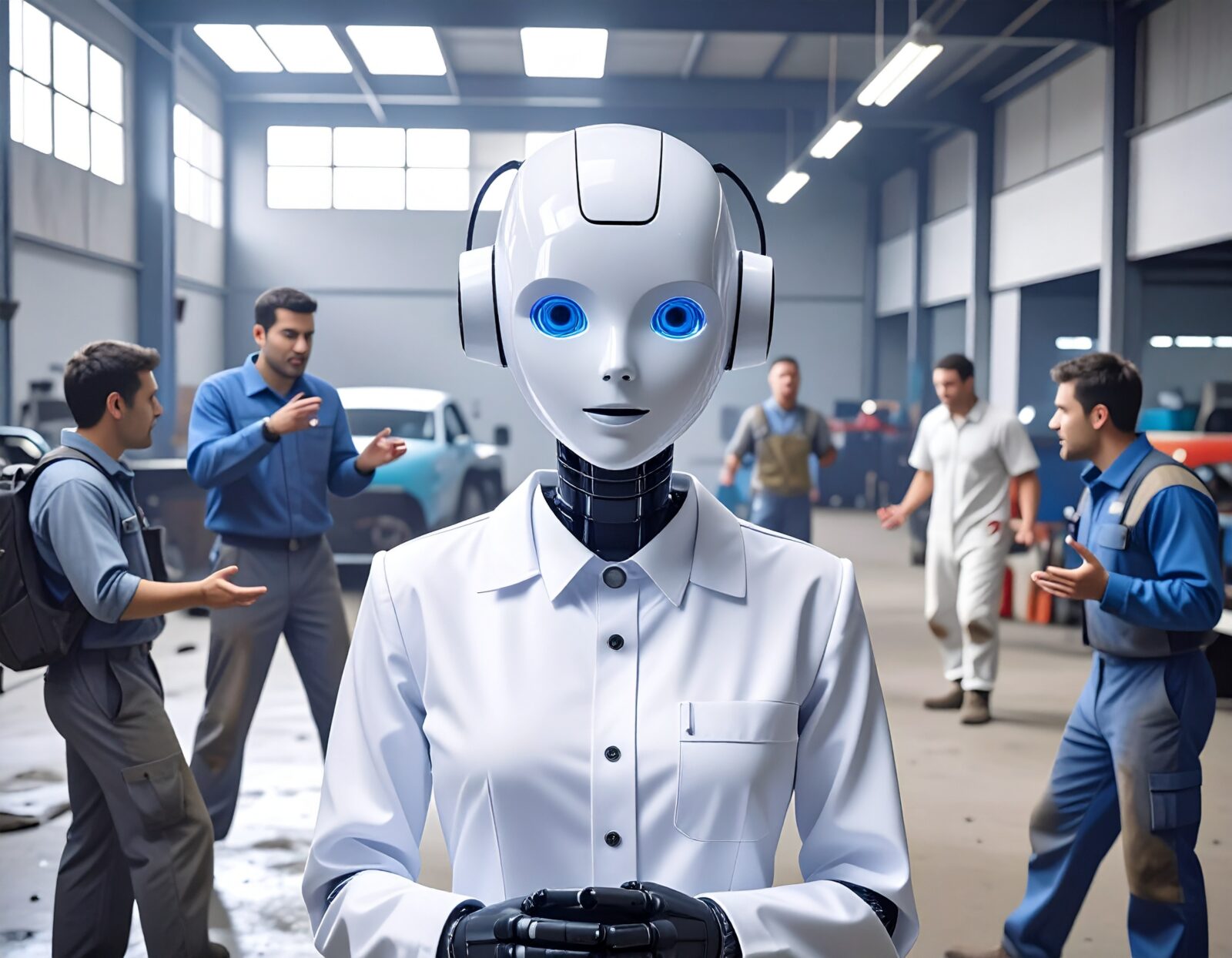
That warfare would be more like playing games in the real world was a prediction for years, and reality now.

Seeing how quickly ChatGPT get adopted as a reliable source of knowledge, what will be happening with the alternative of Wikepedia build with and by Grok?

Architectural shifts (in computing), with AI taking a more active role than the usual frontend was doing.
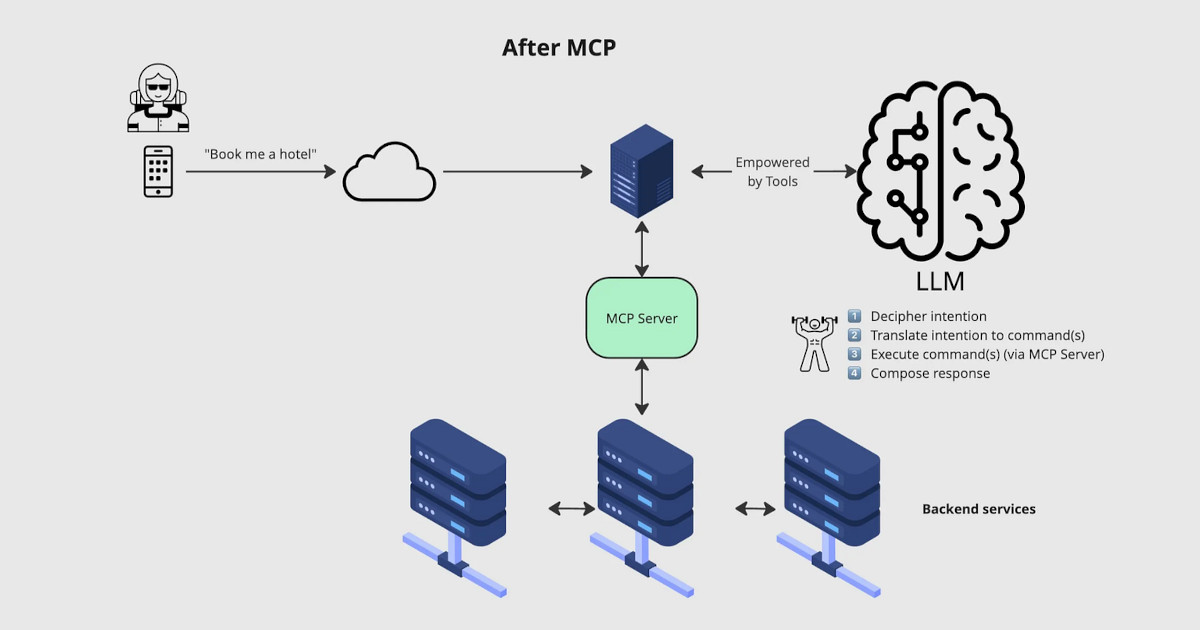
How the EU is embracing and struggling with digital: Speed, security, solidarity

Networking in AI/ML era needed rethinking, slow nodes can kill an entire training job.
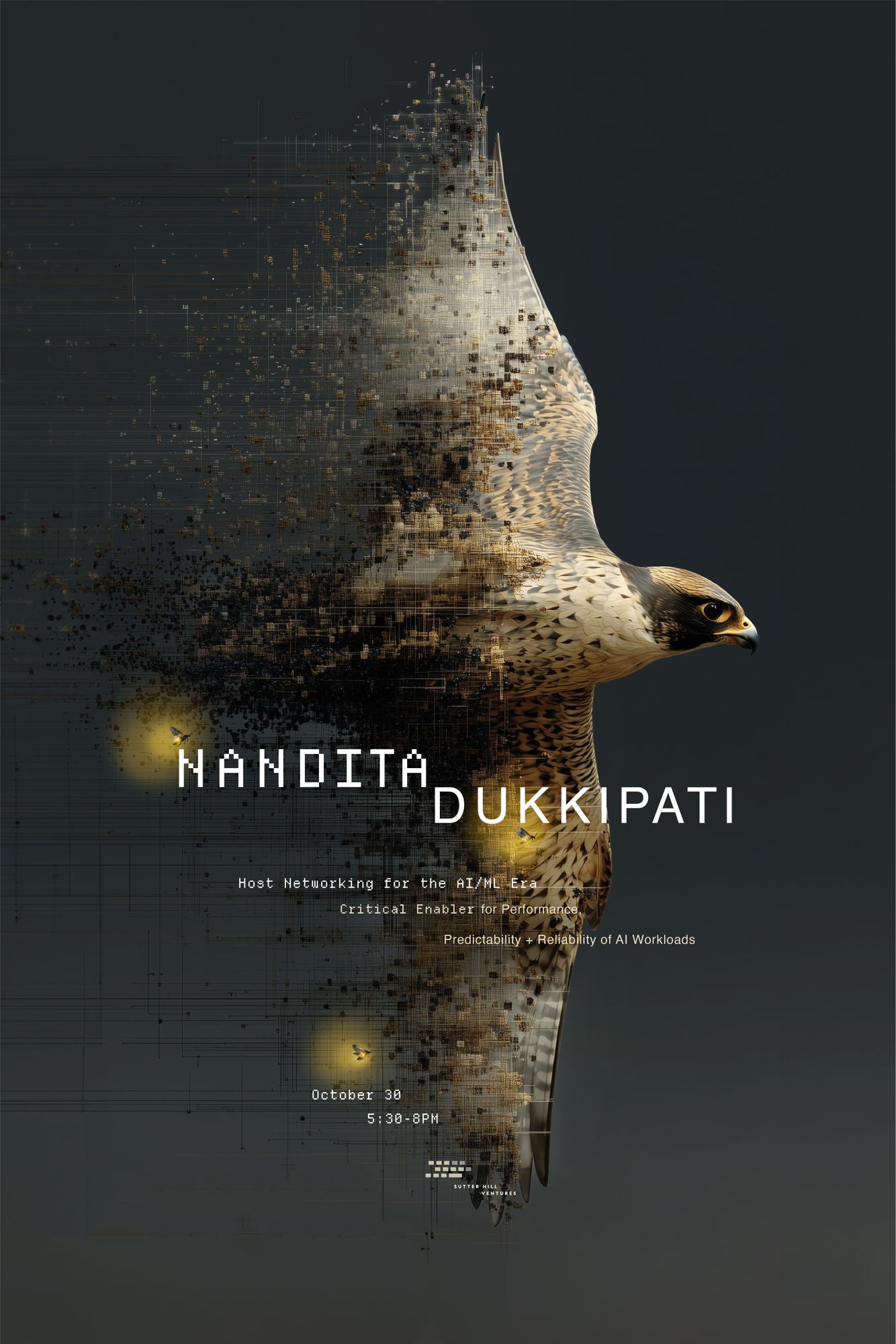
Data centers in space, where the cloud feels at home.
Chips need to be cool.
Haunted AI on Halloween
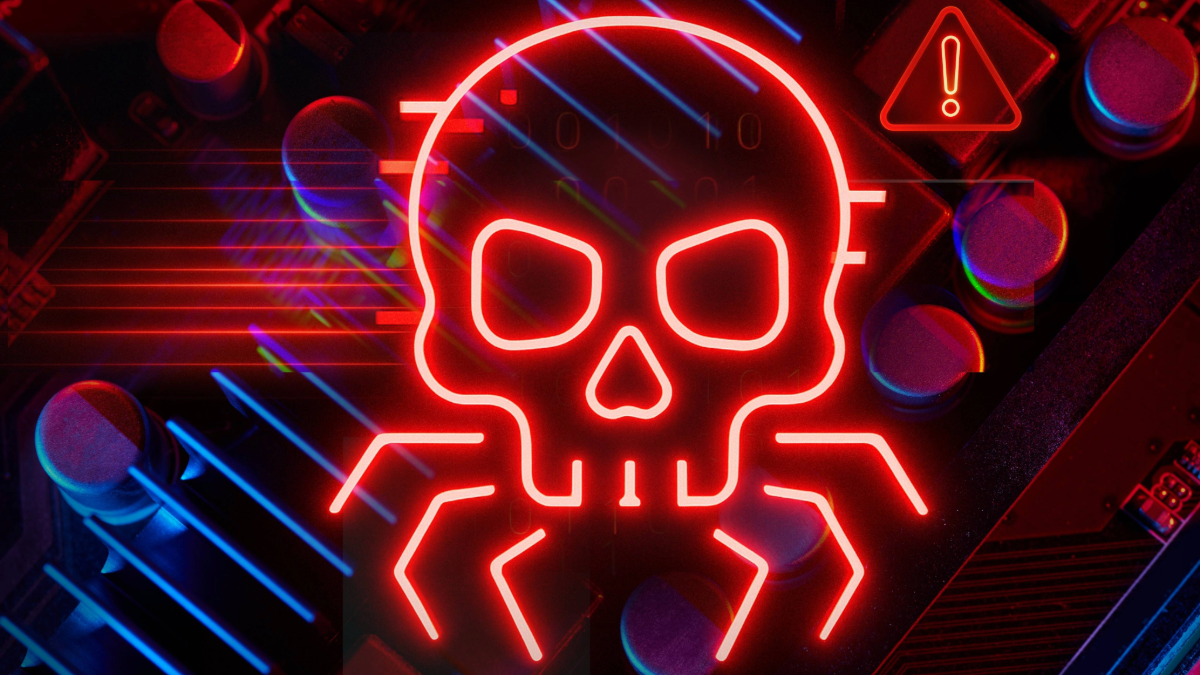
Weekly paper to check
A different type of paper: LLMs Can Get "Brain Rot"!
We propose and test the LLM Brain Rot Hypothesis: continual exposure to junk web text induces lasting cognitive decline in large language models (LLMs).
Xing, S., Hong, J., Wang, Y., Chen, R., Zhang, Z., Grama, A., ... & Wang, Z. (2025). LLMs Can Get" Brain Rot"!. arXiv preprint arXiv:2510.13928.
https://arxiv.org/abs/2510.13928
What’s up for the coming week?
The yearly gathering of smart cities makers is in Barcelona. You can stay for Mozfest, this year in Barca too. IoT London next week. Into the Fediverse? Exploring social socials at Waag. Or embodied WiFi sensing at v2. I will be joining a session on the future of food systems by STT.
Additionally, I will be working on TH/NGS 2025 and the research agenda for Cities of Things.
Have a great week!
About me
I'm an independent researcher through co-design, curator, and “critical creative”, working on human-AI-things relationships. You can contact me if you'd like to unravel the impact and opportunities through research, co-design, speculative workshops, curate communities, and more.
Currently working on: Cities of Things, ThingsCon, Civic Protocol Economies.



















